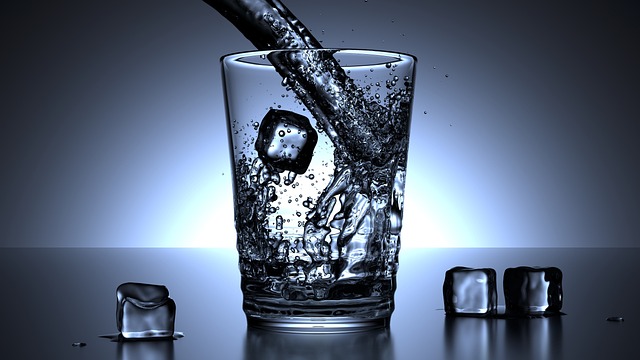As we age, staying hydrated often takes a backseat to other health concerns. However, hydration in senior health is more important than ever. Dehydration can have serious consequences, affecting everything from cognitive function to digestive health. Here, we’ll discuss why drinking enough water matters as you age and how seniors can maintain proper hydration.
Why Hydration is Crucial for Seniors
As we get older, the body’s ability to conserve water naturally declines. Seniors are often at greater risk of dehydration due to a reduced sense of thirst, chronic health conditions, medications, and other factors. Proper hydration is essential for maintaining key body functions and preventing complications associated with dehydration.
Key Benefits of Hydration for Seniors
-
Cognitive Function Dehydration can impair concentration, memory, and overall brain function. Staying hydrated helps prevent confusion and mental fatigue.
-
Joint Health Water lubricates joints, which helps reduce pain and stiffness, especially important for those with arthritis.
-
Regulation of Body Temperature Adequate hydration helps regulate body temperature, reducing the risk of heat exhaustion and heatstroke in hot weather.
-
Digestive Health Water helps with the digestion process, prevents constipation, and supports nutrient absorption.
-
Kidney Function Hydration is crucial for proper kidney function and preventing urinary tract infections (UTIs), which are more common in seniors.
-
Skin Health Proper hydration helps keep skin moisturized and less prone to dryness and irritation, which can be an issue as skin becomes thinner with age.
Signs of Dehydration in Seniors
Because the feeling of thirst often diminishes with age, seniors may not always feel thirsty until they are already dehydrated. Common signs of dehydration in older adults include
-
Dry mouth and tongue
-
Fatigue or dizziness
-
Dark yellow urine
-
Constipation
-
Headaches
-
Confusion or disorientation
-
Muscle cramps
If dehydration becomes severe, it can lead to more serious issues such as kidney stones, urinary tract infections, or even heatstroke.
How Much Water Do Seniors Need?
The general guideline for daily water intake varies depending on age, activity level, and health status. However, a common recommendation for older adults is around 8 cups (64 ounces) of water per day. This amount can be adjusted depending on factors such as climate, exercise habits, and specific health conditions.
Considerations for Special Health Conditions
-
Kidney disease Fluid intake may need to be limited or monitored.
-
Heart disease Seniors with heart conditions may require specific hydration guidelines to prevent fluid buildup.
-
Medications Diuretics, for example, can increase water loss, requiring higher fluid intake.
Staying Hydrated
Here are practical tips for seniors to ensure they’re drinking enough water
1. Drink Regularly, Not Just When Thirsty
Since seniors may not always feel thirsty, it’s important to drink water consistently throughout the day. Keep a water bottle nearby to remind you to sip regularly.
2. Incorporate Water-Rich Foods
Foods like watermelon, cucumbers, oranges, and soups can help with hydration. Adding these to your meals increases your fluid intake without needing to drink more.
3. Limit Caffeine and Alcohol
Caffeinated beverages and alcohol can contribute to dehydration. Opt for herbal teas or water as your primary drink.
4. Start the Day with Water
Begin the morning by drinking a glass of water to help kickstart hydration after a night of sleep.
5. Set Reminders
If you have trouble remembering to drink enough water, set reminders on your phone or use a hydration tracker to help keep you on track.
Dehydration Prevention Strategies for Caregivers
For caregivers looking after older adults, ensuring proper hydration can be challenging. Here are some ways to help seniors stay hydrated
-
Monitor fluid intake Keep a record of how much water or fluids are consumed throughout the day.
-
Encourage water breaks Offer water regularly, even if the senior does not request it.
-
Create a routine Serve water with every meal and snack.
-
Provide alternatives If plain water isn’t appealing, offer flavored water with a splash of lemon or infusions of herbs.
Hydration in senior health is not just about quenching thirst—it’s essential for maintaining physical and mental well-being. By staying mindful of hydration needs and making small, consistent adjustments to your daily routine, you can help seniors live healthier, more comfortable lives.


